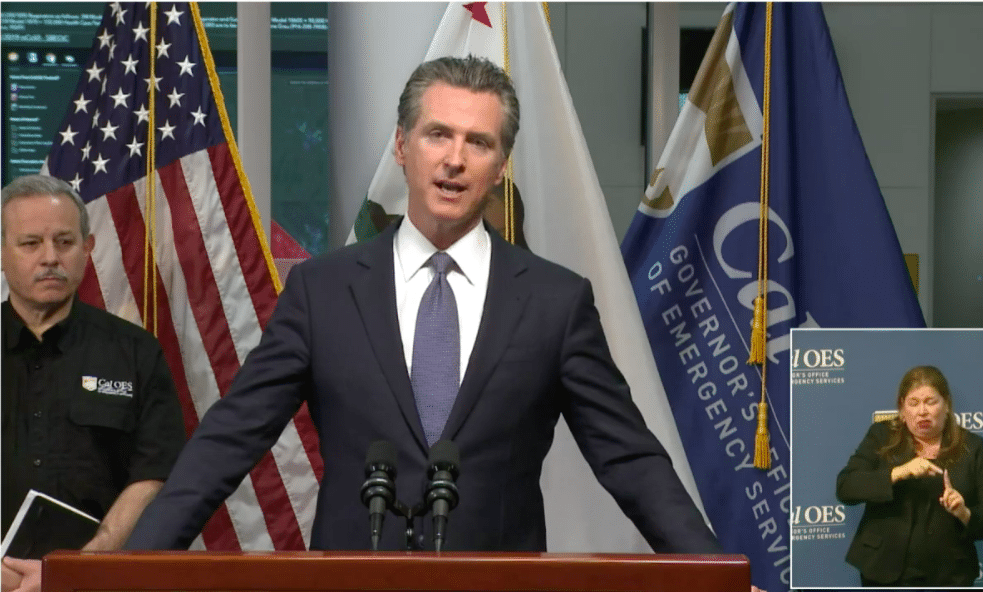Since 2020 may be going down as one of the worst years ever, will a batch of new laws going into effect make for a better 2021?
Of the hundreds of new laws that go into effect each year, barely a few register mention in newspapers because they affect such few groups of people or merely update existing regulations. Here are a few new legislations of note.
Minimum wage will be $14 per hour as of Jan. 1. This increase is for businesses employing at least 26 people. Those businesses with 25 or fewer workers must increase minimum wage to $13 per hour. The increases are part of California’s continued incremental wage increases. (Here in Malibu, the minimum wage for businesses with 26 or more employees was raised to $15 per hour on Jan. 1, 2020.)
Malibu relies on firefighters. AB 2147 affects inmate firefighters. Thousands of men and women inmates in the state who serve as firefighters and complete the California Conservation Camp program will now have the possibility of having their felonies expunged upon release. The law is intended to give former inmates a better chance of securing employment once released from prison; however, those convicted of murder and rape are ineligible.
In a victory for local activists, AB 1788, the “California Ecosystems Protection Act,” places a moratorium on the use of second generation anticoagulant rodenticides in California—the rat poisons responsible for severely harming the ecosystem of the Santa Monica Mountains. The bill was sponsored by two local representatives for Malibu, Assemblymember Richard Bloom and CA Senator Henry Stern.
AB 979 has been updated to further diversify corporate boards of public companies headquartered in California. At least one female board member is already mandated. The law now requires boards must also appoint at least one director from an underrepresented community. This may include a person who self-identifies as Black, African American, Latino, Asian, Pacific Islander, Native American, Native Hawaiian, Alaska Native or a member of the LGBT community.
Those rescuing children locked in hot cars will be protected by AB 2717. Rescue attempts will now be exempt from criminal or civil liability if the rescuer first calls 9-1-1, determines the vehicle is locked and proves the breaking in of the car was the only way to rescue the child from imminent danger.
In the time of COVID-19, AB 1867 will come in handy because it allows for more hand washing. The new law allows food workers to leave their work stations every 30 minutes or more if needed to wash their hands.
Speaking of the novel coronavirus pandemic, AB 685 ensures the right of employees to quickly be notified if COVID exposure has occurred in their workplace. Public and private employers who learn of a possible coronavirus exposure must make written notification to workers and subcontractors within one day.
Most businesses in the state will now have to comply with the California Family Rights Act, providing for 12 weeks of job-protected leave for health issues including a new child. It applies to employees of at least one year and includes businesses with at least five employees.
AB 47 punishes drivers who use cell phones while behind the wheel. Beginning in July, drivers violating the hands-free law a second time within 36 months of a prior conviction for the same offense will result in a point being added to the driver’s record. This applies to the violations of talking or texting while driving (except for hands-free use) and to any use of these devices while driving by a person under 18 years of age.
With the passage of Proposition 17, individuals on parole may now vote.
AB 2425 ensures that youths who have interacted with the juvenile justice system, but no longer under its jurisdiction, are protected from the negative consequences of a police record. Juvenile offenders’ records will be protected from public inspection.
Youths currently in the juvenile justice system will now be sent to state facilities closer to their families and communities thanks to SB 823 going into effect in July 2021.
The California Racial Justice Act or AB 2542 prohibits state prosecutors from using discriminating means to seek or obtain a conviction or sentence. The new law states that if a suspect can show racial bias they may be entitled to a new trial or sentence.
AB 1196 prohibits police from using choke holds and carotid holds after a number of high-profile deaths in police custody around the nation.
And on a lighter note, F. Scott Fitzgerald’s great American novel “The Great Gatsby” will enter the public domain Jan. 1, 2021. Daisy Buchanan perfume, anyone?
Editor’s note: This story was updated to include information on AB 1788.

